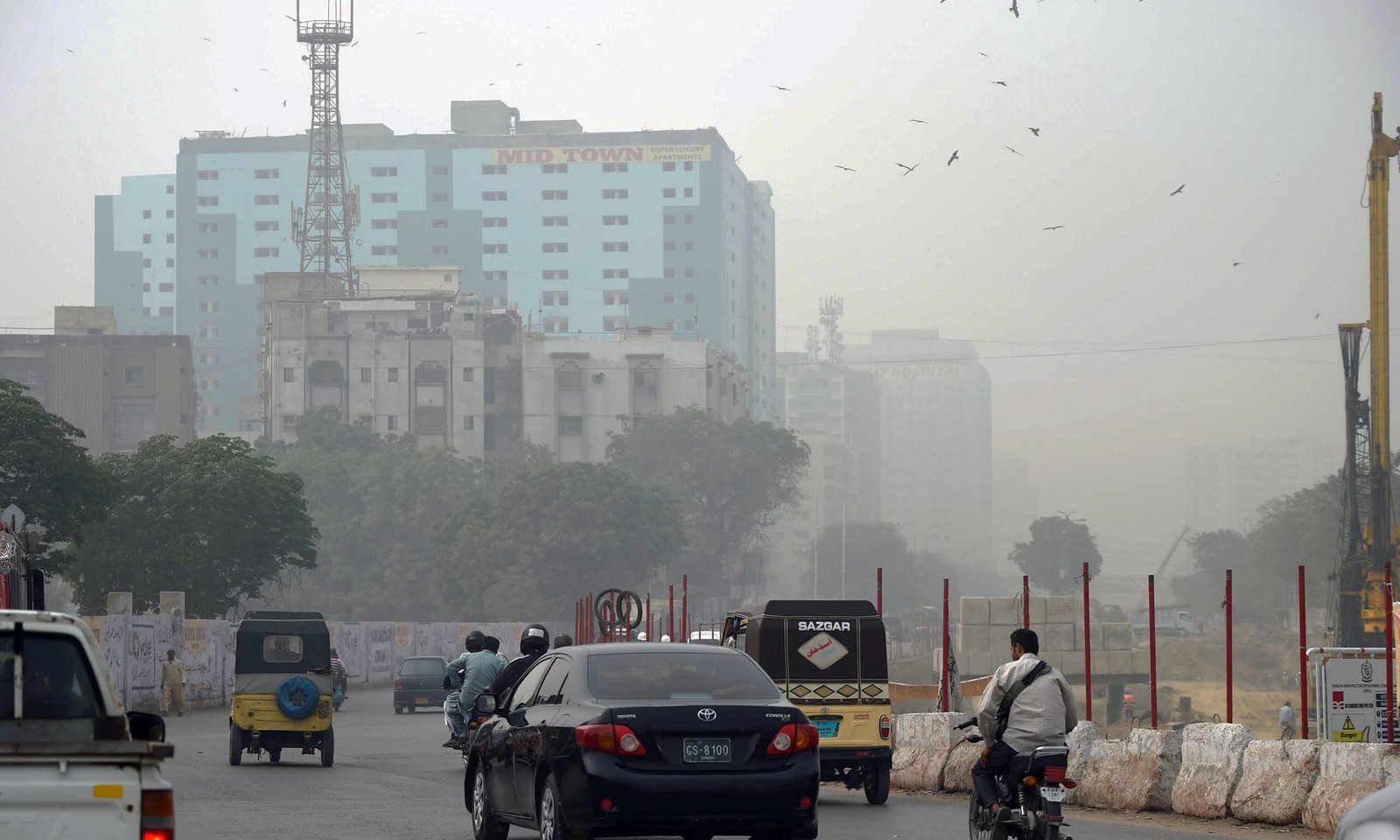Karachi, Pakistan, has earned the dubious distinction of being the world’s most polluted city, according to data released by IQAir on Sunday. The city’s Air Quality Index (AQI) reached a staggering 244 on Sunday morning, far exceeding the threshold for what is considered hazardous to human health.
This alarming development comes on the heels of a previous IQAir report that indicated Karachi’s pollution levels have been steadily worsening over the past few years. The city’s air quality has been consistently categorized as “unhealthy” for most of the year, posing a significant risk to the health of its residents.
The primary contributors to Karachi’s pollution crisis include vehicular emissions, industrial waste, and construction dust. These pollutants have severe health consequences, including respiratory illnesses, heart diseases, and even premature death.
In addition to the immediate health concerns, Karachi’s pollution also has a detrimental impact on the environment and the city’s economy. It reduces visibility, affects agriculture, and damages buildings and infrastructure.
Addressing Karachi’s pollution crisis requires a comprehensive approach that involves enforcing stricter environmental regulations, promoting sustainable transportation options, and encouraging industries to adopt cleaner production practices. The government, businesses, and citizens all have a role to play in improving the city’s air quality and ensuring a healthier and more sustainable future for Karachi.










